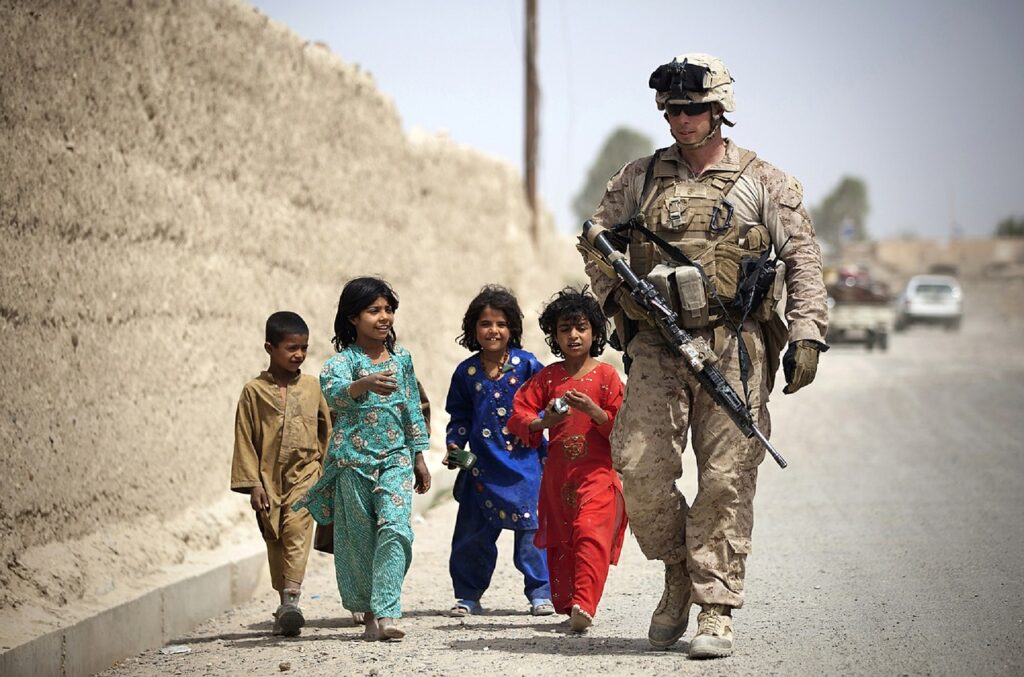
Politics can be divided into several key parts or components, each of which plays a distinct role in the functioning of political systems and governance. Here are some fundamental parts of politics:
1. Government Institutions: Government institutions are the formal structures and organizations through which political power is exercised and public policies are formulated, implemented, and enforced. These institutions include the executive branch (president, prime minister), legislative branch (parliament, congress), and judicial branch (courts).
2. Political Parties: Political parties are organized groups of people who share similar ideologies, values, and policy goals and seek to influence government policies and win elections to hold political power. Political parties play a crucial role in representative democracies by mobilizing voters, nominating candidates, and shaping public policy debates.
3. Elections and Voting: Elections are the process through which citizens choose their representatives and leaders in government. Voting is the act of expressing one’s preferences and participating in the electoral process. Free and fair elections are essential for ensuring democratic governance and accountability.
4. Public Policy: Public policy refers to the decisions and actions taken by government authorities to address societal problems, regulate behavior, and allocate resources. Public policy can encompass a wide range of issues, including healthcare, education, economic policy, environmental protection, and national security.
5. Political Ideologies: Political ideologies are sets of beliefs, values, and principles that shape individuals’ and groups’ views on government, society, and the economy. Common political ideologies include liberalism, conservatism, socialism, and libertarianism, each of which offers different perspectives on the role of government and the distribution of power and resources.
6. Civil Society: Civil society refers to the diverse array of organizations, associations, and groups that exist outside of government and the private sector and play a role in shaping public opinion, advocating for social change, and holding government accountable. Civil society organizations include non-governmental organizations (NGOs), advocacy groups, grassroots movements, and professional associations.
7. Political Culture: Political culture encompasses the shared values, beliefs, norms, and practices that shape the behavior of individuals and institutions within a society. Political culture influences how people perceive and engage with politics, including their attitudes toward authority, democracy, citizenship, and civic participation.
8. International Relations: International relations are the interactions and relationships between sovereign states, as well as non-state actors, in the global arena. International relations involve diplomacy, negotiations, conflict resolution, and cooperation on issues such as trade, security, human rights, and environmental protection.
9. Political Economy: Political economy examines the relationship between politics and economics, focusing on how government policies and institutions influence economic outcomes and vice versa. Political economy explores issues such as taxation, regulation, trade, economic inequality, and the role of government in managing economic affairs.
10. Power and Influence: Power and influence are central concepts in politics, referring to the ability of individuals, groups, and institutions to shape decisions, control resources, and exert control over others. Power can be exercised through various means, including coercion, persuasion, negotiation, and mobilization.
These are just some of the key parts of politics that contribute to the functioning of political systems and the governance of societies. Politics is a complex and dynamic field that encompasses a wide range of actors, processes, and institutions, and its study is essential for understanding how societies are organized, governed, and transformed.



